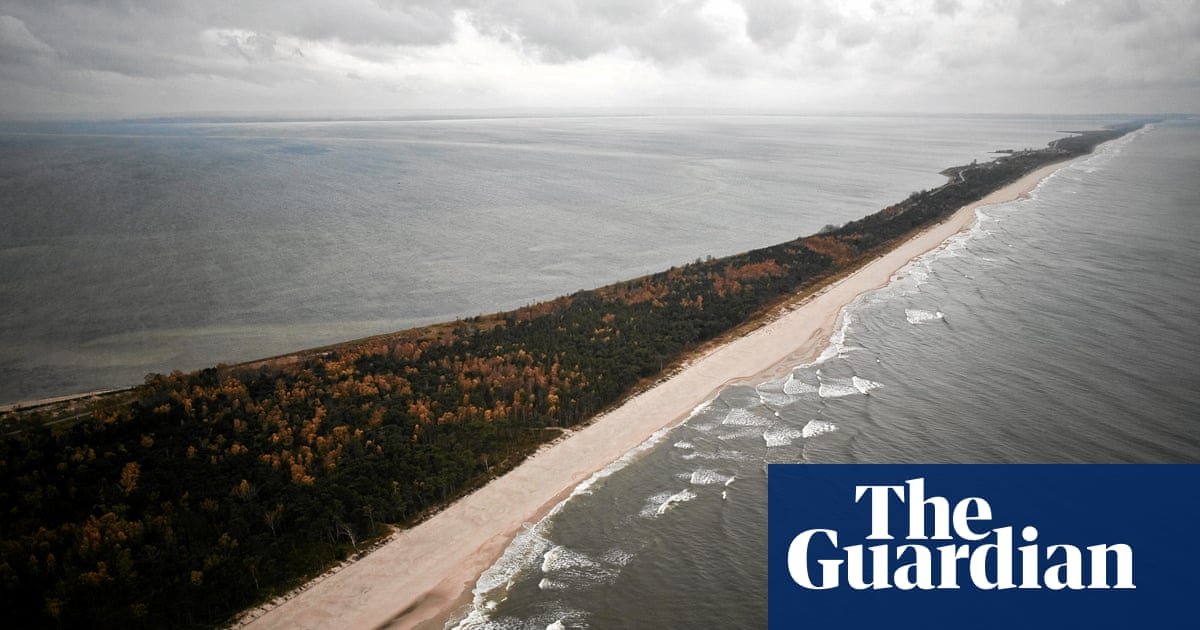
There will be no more going to Hel on bus 666.
The bus to the town of Hel on Poland’s Baltic coast has long been popular with tourists. But some Christian conservatives have protested against the use of a number signifying the devil on a bus leading to a place that sounds like the word “hell” in English.
The local bus operator, PKS Gdynia, announced this week that bus 666 would no longer run to Hel. It said it would run the line under the number 669 from 24 June.
Local media said the bus company had acted under pressure from Christian groups that had pushed for the change, but was already thinking of returning to the old number amid a public outcry.
Fronda.pl, a conservative Catholic website, called for a change in 2018, declaring that some people thought it was “an innocent joke” but it was “hard not to consider it a malicious inspiration”.
It conceded that Hel, a long verdant peninsula with white sandy borders popular with holidaymakers, was not actually an underworld occupied the departed, but said it would give credence to the “horror of soul death” and make people less confident of the afterlife. The Polish word for hell is piekło.
Employees of PKS Gdynia informed passengers about the change in an update about the timetable. Without elaborating, they announced: “This year, we’re turning the last 6 upside down!” on social media.
The route number isn’t the only pun in Polish transport. A circular tram line in Wrocław has been named “zero” for decades.
The local news portal Trojmiasto.pl said the line had operated under the number 666 since 2006, first as a local joke, before attracting riders from across Poland and beyond. Some people rode the bus simply to say they had taken the 666 bus to Hel, Polish media reported.
Fronda lamented the fact that many Polish journalists, even Catholic ones, took pleasure in the joke.
Reacting on the bus company’s Facebook page, Krzysztof Nadolski criticised the move, saying that PKS had killed a brilliant marketing opportunity. “It was advertisement for the whole world. I have read about line 666 on Hel many times on foreign sites. I am convinced tourists, who could probably have gone quicker by train, took the bus for fun. I don’t know if the number was accidental or deliberate marketing but it sure caught attention.”
Hel in reality is sometimes so popular that tourists have complained that it is overcrowded.
The travel website Staypoland.com describes its “exceptional holiday opportunities” with long beaches, several headlands, a seal centre, a port and promenade and a “typical healthy maritime climate” that “makes the place a real paradise for those who just enjoy sunbathing and swimming in the sea”.
It also notes its important historical significance, and its strategic defensive value, as exemplified in the second world war.
“After the aggression of Germany on 1 September 1939, Hel became famous as one of the heroically and long defended regions of Poland. The city was liberated in 1945, and after the war, it grew not only as a fishing port, but also as one of the most popular Polish holiday resorts,” said the tourism site.












